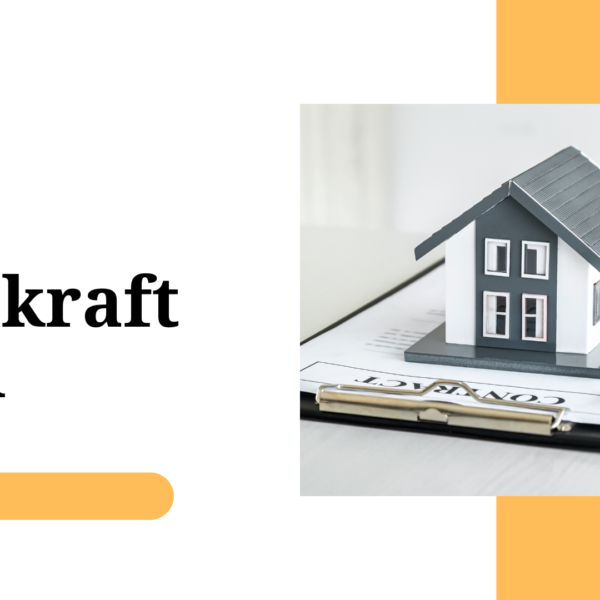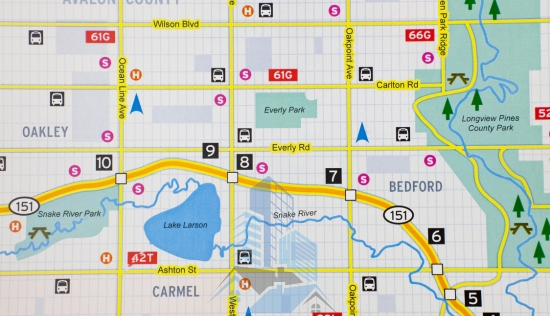
New York City boasts a vibrant rental market, but navigating the complexities of landlord-tenant law can be daunting for both parties. Whether you’re a new tenant seeking a dream apartment or a seasoned landlord managing properties, understanding your rights and responsibilities is crucial for a harmonious and secure living environment. This comprehensive guide equips you with the essential knowledge of NYC landlord-tenant law in 2024.
NYC Landlord Tenant Law: Understanding Rent Regulation in NYC
A key aspect of NYC landlord-tenant law is rent regulation. This system stabilizes rents and protects tenants from unreasonable rent increases in certain types of buildings. Here’s a breakdown of the different categories:
- Rent-Controlled Apartments: These are primarily buildings constructed before February 1, 1947, with limited exceptions. Rent increases for rent-controlled apartments are strictly regulated by the NYC Rent Guidelines Board (RGB).
- Rent-Stabilized Apartments: These apartments are generally in buildings constructed between February 1, 1947, and December 31, 2017, with some exceptions. Rent increases for rent-stabilized apartments are also regulated by the RGB but with slightly more flexibility compared to rent-controlled units.
- Market-Rate Apartments: These apartments are not subject to rent regulation, and landlords have more freedom to set rental prices.
Tenant Rights in NYC
As a tenant in NYC, you are entitled to specific rights under the law. Here are some key aspects to be aware of:
- Habitable Dwelling: Your landlord is obligated to provide a safe and habitable apartment that meets building and health code standards. This includes functioning plumbing and electrical systems, adequate heat and hot water, and proper pest control measures.
- Security of Tenure: Landlords cannot evict tenants without just cause and proper legal procedures. These typically involve lease violations, non-payment of rent, or nuisance behavior by the tenant.
- Repairs and Maintenance: Landlords are responsible for making necessary repairs to maintain the habitability of the apartment in a timely manner upon receiving a request from the tenant.
- Access to the Apartment: Landlords require your consent for routine inspections with reasonable notice (typically 24 hours). They can enter without your consent in emergencies or with a court order.
- Receipt of a Lease Agreement: You have the right to receive a written lease agreement outlining the terms of your tenancy, rental amount, and responsibilities of both parties.
Tenant Responsibilities in NYC
While enjoying certain rights, tenants also have responsibilities:
- Rent Payment: You are obligated to pay rent on time and in full as stipulated in your lease agreement. Late fees can be imposed for delayed payments.
- Maintaining the Property: Tenants are responsible for using the apartment in a reasonable manner and avoiding causing damage beyond normal wear and tear.
- Following Lease Agreements: You must comply with the terms outlined in your lease agreement, such as restrictions on pets, occupancy limits, or noise regulations.
- Security Deposit: Landlords are required to return your security deposit within a specific timeframe (typically 21 days) after lease termination, minus any deductions for unpaid rent or damages.
- Proper Notice Before Moving Out: Tenants are typically required to provide written notice to the landlord before vacating the property, as outlined in the lease agreement.
NYC Department of Housing Preservation and Development (HPD)
The NYC Department of Housing Preservation and Development (HPD) plays a crucial role in enforcing landlord-tenant laws. Tenants can utilize HPD resources to:
- File complaints against landlords for code violations or repair neglect
- Access information on their tenant rights and responsibilities
- Obtain mediation services for resolving disputes with landlords
Finding Legal Assistance
For complex legal issues or situations requiring formal action, consulting with an attorney specializing in NYC landlord-tenant law is highly recommended. An attorney can advise you on your rights and options, represent you in court proceedings, and ensure your interests are protected.
Conclusion
Understanding NYC landlord-tenant law empowers both tenants and landlords to navigate their rights and responsibilities effectively. By familiarizing yourself with key regulations and available resources and seeking legal advice when necessary, you can create a more harmonious and secure living environment. Remember, open communication and respectful conduct are essential for a positive landlord-tenant relationship. NYC offers various resources to guide you, so don’t hesitate to leverage them whenever needed.
NYC Landlord Tenant Law: FAQs
- What should I do if my landlord isn’t making necessary repairs?
First, communicate with your landlord in writing (email or certified mail), documenting the issue and requesting repairs. If they fail to respond or take action, you can file a complaint with the NYC HPD. In extreme cases, you might be able to withhold rent (with proper legal advice and following specific legal procedures), but this should be a last resort.
- What are some examples of just cause for eviction in NYC?
Landlords can evict tenants for just cause reasons such as:
- Non-payment of rent
- Material lease violations (e.g., causing damage to the property, engaging in illegal activity)
- Nuisance behavior that disrupts the peace and quiet of other tenants
- Holdover situations where a tenant remains after the lease expires without landlord consent (except in rent-regulated apartments with specific protections)
- How much notice does a landlord need to give me to raise the rent in a rent-stabilized apartment?
Landlords are required to provide tenants with at least 30 days written notice before raising the rent in a rent-stabilized apartment. The increased amount is typically determined by the NYC Rent Guidelines Board (RGB) and varies depending on the type of lease renewal (one-year or two-year).
- Can my landlord raise the rent in a rent-controlled apartment?
Rent increases for rent-controlled apartments are strictly regulated by the RGB and typically occur annually. The exact increase amount depends on various factors, including the building’s size, construction year, and previous rent increases.
- What are my rights as a roommate in NYC?
Even if you’re not the primary leaseholder, you still have certain rights as a roommate in NYC. Ideally, establish a written roommate agreement outlining responsibilities and rent contributions. NYC law generally provides roommate protections against eviction without just cause, even if the primary leaseholder faces eviction.
- What are the benefits of using a standard lease agreement in NYC?
A standard lease agreement, approved by the NYC Real Estate Board (REBNY), helps ensure clarity and fairness for both landlords and tenants. It outlines the key terms of the tenancy, including rent amount, security deposit details, maintenance responsibilities, and termination clauses.











